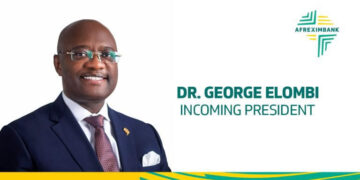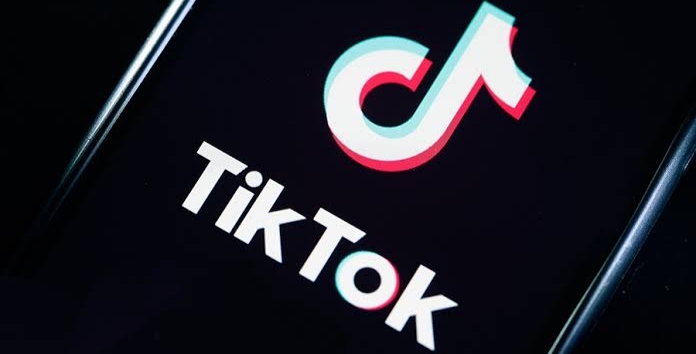By John Ikani
Nepal has announced a forthcoming ban on TikTok, citing disruptions to social harmony caused by contents of the Chinese app.
The decision follows the recent implementation of a rule requiring social media firms to establish liaison offices within the country.
With approximately a billion monthly users, TikTok has faced bans in various countries, including India, the first US state, Montana, and a prohibition within the UK Parliament’s network.
Purushottam Khanal, Chair of Nepal’s Telecom Authority, revealed that internet service providers have been instructed to shut down the app, though no specific date for the ban’s enforcement has been provided.
Reports from local media indicate some opposition to the decision, arising from a cabinet meeting earlier this week.
The global concern over TikTok centres on fears that user data could be transmitted to the Chinese government.
ByteDance, TikTok’s parent company, has consistently denied these allegations, while TikTok declined to comment on the latest ban imposed by the Nepalese government.
Despite trailing behind social media giants like Facebook and Instagram, TikTok’s remarkable growth, particularly among young users, has attracted international attention.
In Nepal, over the past four years, more than 1,600 TikTok-related cybercrime cases have been reported. According to a BBC Media Action report on media usage in Nepal, TikTok ranks as the third most widely used platform nationally.
While platforms such as YouTube and Facebook enjoy popularity across all age groups, TikTok dominates among the younger demographic.
The report indicates that over 80% of social media users aged between 16 and 24 in Nepal actively engage with TikTok.
Notably, the government’s decision to ban the app has sparked debate and opposition, with no specified timeline for the implementation of the ban.
Internationally, TikTok has faced temporary bans in Pakistan on at least four occasions since October 2020. Furthermore, Indonesia recently shut down the app’s online shopping service last month.
The actions taken by various countries underscore the ongoing global scrutiny of TikTok’s operations and its impact on social harmony and data security.


































